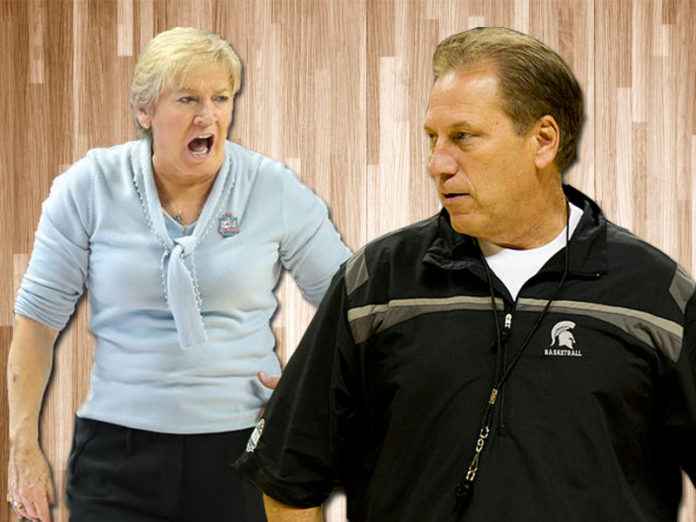There’s an unspoken rule for coaching four-year-olds playing soccer, which is that when they accidentally kick it into their own goal, you clap and pretend it didn’t happen.
I’ve coached for Rainbow Soccer for three years, and, in that time, I’ve learned a lot about what it takes to keep kids happy while still learning. Little kids are fickle. They’ll cry at a drop of a hat, and, sometimes, they’d truly rather pick at grass than kick a ball around.
And, yes, sometimes little kids just won’t listen to me or the other coaches I’ve worked with. They’ll go tearing down the field when we’re playing a game, or they’ll refuse to stand up and kick the ball into the goal. But in that moment, I’ve learned, getting mad does nothing.
Because, in the end, the best coaching stems from kind support and firm, fair consequences.
While recurrent knee injuries kept me from playing in high school, I played basketball from age six all the way through the eighth grade.
A lot of years of playing means a lot of different coaches. Some of them were good, some bad. The ones I remember most fondly are those who led efficient practices, who weren’t afraid to tell us when we messed up, but did it kindly.
Recently, basketball coaching has come under increased scrutiny. During the NCAA Tournament last month, Michigan State University men’s basketball coach Tom Izzo came under criticism for appearing to lunge at a player during a timeout.
A little closer to home, University of North Carolina at Chapel Hill’s women’s basketball coach Sylvia Hatchell resigned in late April following an investigation revealing she’d made racially insensitive comments to players and had pressured players to return to the court before they were fully healed.
While Hatchell’s actions were far beyond Izzo’s, both coaches reflect an old pattern of harsh treatment toward players with the goal of getting better results on the court.
However, newer basketball coaches may still be leaning into a kinder coaching strategy than established coaches like Izzo. For instance, Texas Tech coach Chris Beard, who has coached there since 2016, is known for a kinder approach and stressing gratitude among his players, moving in a different direction from the often-volatile coaching strategy of his mentor, Bob Knight.
And while my experiences coaching youth soccer differ vastly from the experience of carrying a multi-million dollar collegiate sports program, it’s still clear to me that this change is for the better.












